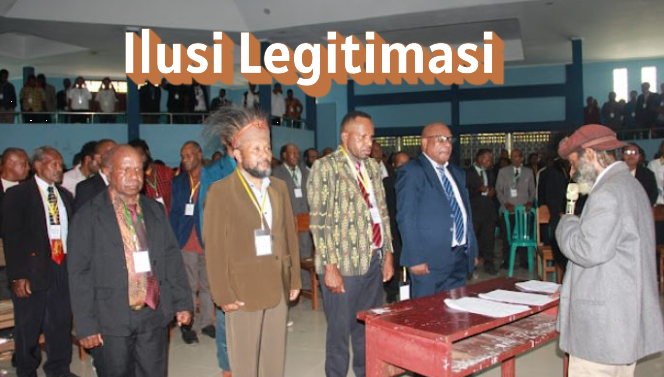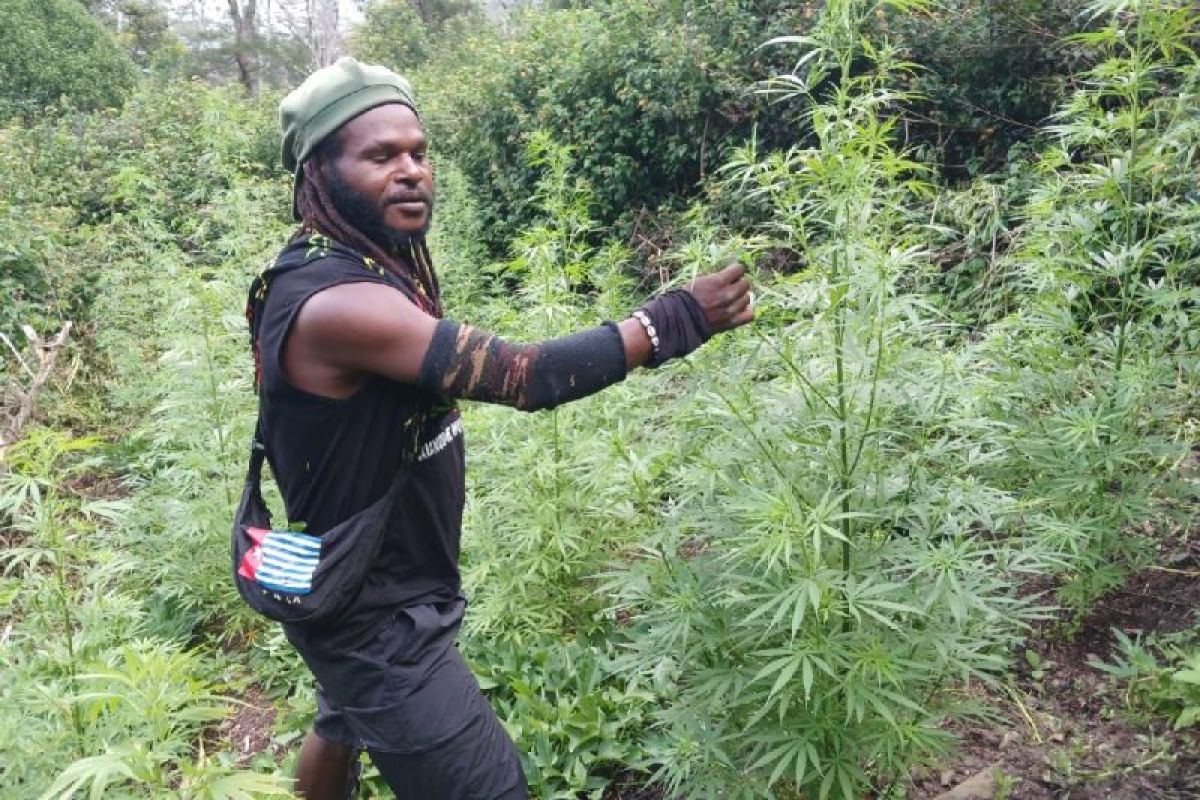The self-declared Legislative Council session held by the United Liberation Movement for West Papua (ULMWP) under Buchtar Tabuni has drawn strong criticism from legal and political experts, who label it a symbolic provocation lacking any legal or constitutional foundation.
Held in Jayapura and framed as a “people’s parliament,” the event included the inauguration of a so-called legislative structure and the imposition of a “struggle tax.” Critics argue that such theatrics only mislead the Papuan people and deepen social division rather than provide real solutions.
“This is not a constitutional movement. It’s political theater designed to fool people into believing they hold legal power, when in fact they have none—neither domestically nor internationally,” said Dr. Yance Tebai, a constitutional law expert from Papua.
No Legal Recognition, No International Support
Despite repeated claims, ULMWP is not recognized by any sovereign nation or international organization as a legitimate governing body. Even the Melanesian Spearhead Group (MSG) and Pacific Islands Forum (PIF) have not granted them official status.
“They’re mimicking a state by forming ‘parliaments,’ ‘commissions,’ and taxing people, but it’s all without jurisdiction and legal ground. It’s an illusion of legitimacy,” noted Prof. Hikmahanto Juwana, an international law scholar.
Symbolic Manipulation, No Tangible Solutions
Religious leader and Papuan political observer Rev. John Mambor described the event as empty symbolism that distracts from Papua’s real issues—poverty, education, infrastructure, and healthcare.
“While the Indonesian government is building roads, schools, and hospitals in remote regions, this group is draining Papuan energy into a utopian agenda with no realistic outcomes.”
Growing Public Fatigue with Separatist Tactics
Grassroots sentiment in Papua shows signs of fatigue with separatist groups like ULMWP, especially among youth and local leaders. Many criticize the imposition of a “struggle tax” and the forced political mobilization of Papuans.
“We want peace and economic opportunity, not to be forced to pay IDR 1.5 million per year to an organization we never voted for,” said Frengki Nawipa, a young man from Lanny Jaya.
Papuan Youth Offer a New Narrative
Prominent young Papuan figure Billy Mambrasar emphasized that the future of Papua lies not in imaginary statehood, but in real progress through unity within Indonesia.
“Papua doesn’t need a fantasy government. We need education, jobs, and access to digital infrastructure. That’s what’s being built. Let’s protect peace and opportunity.”










